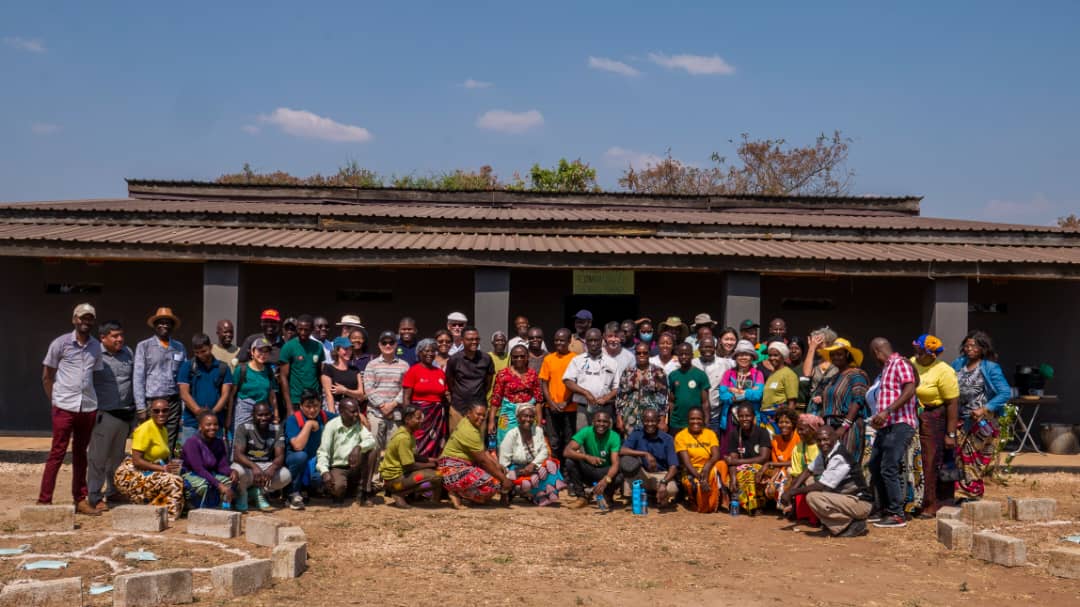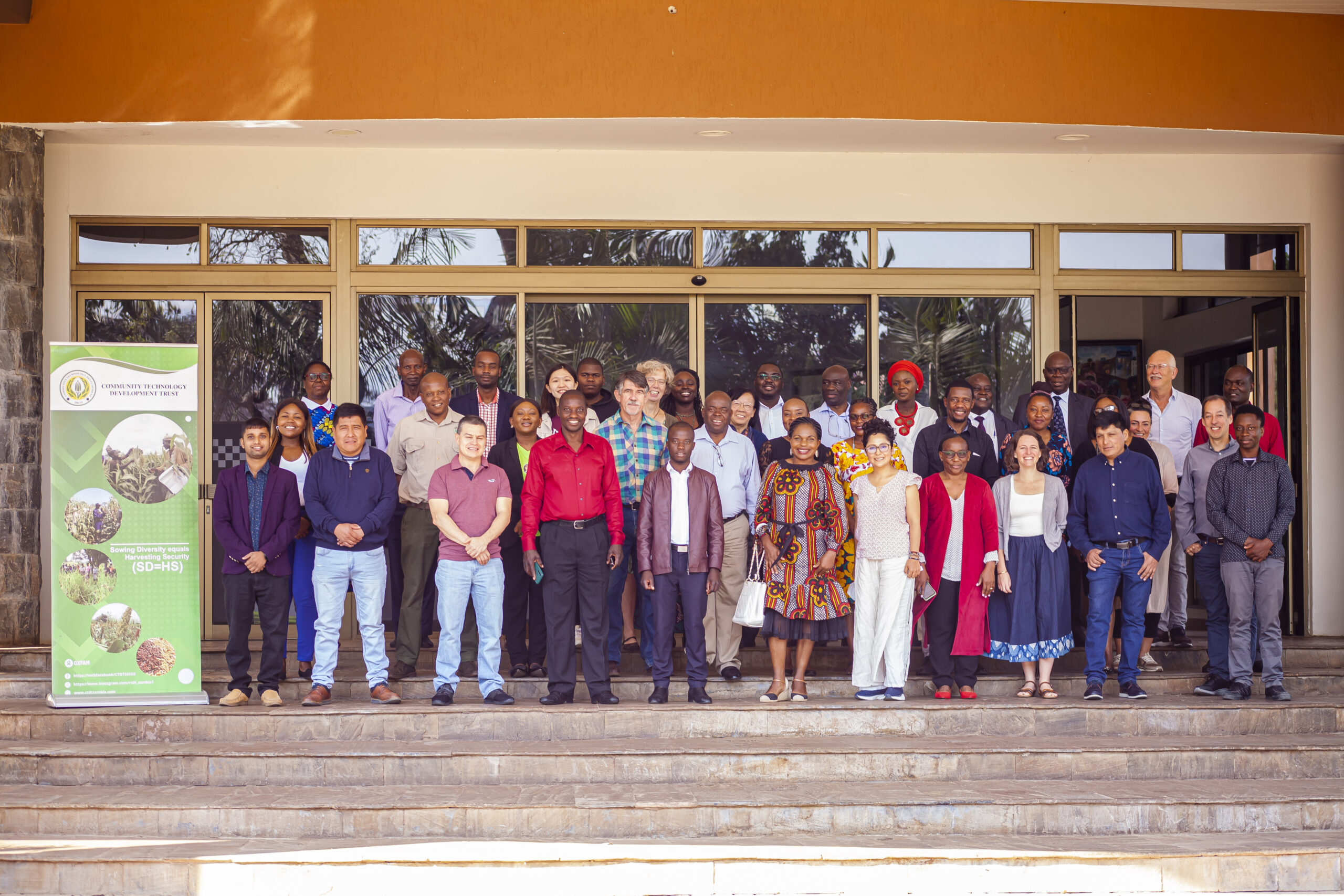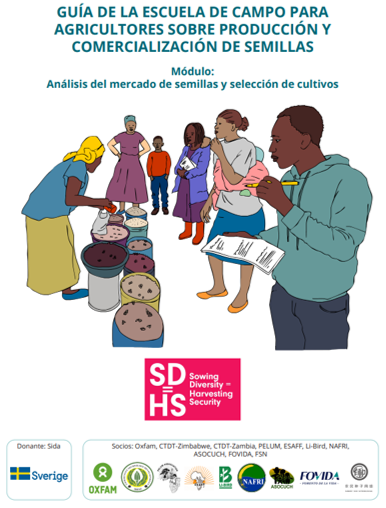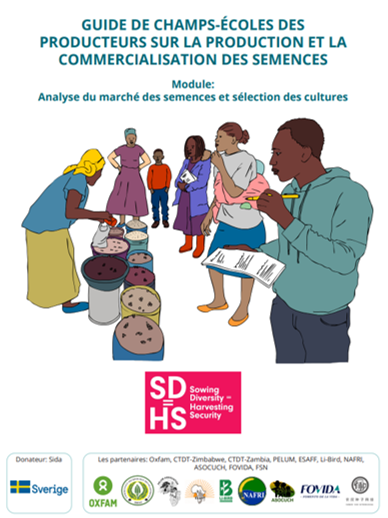By Connie Formson, SD=HS Lead, Farmer Seed Enterprises
“Never underestimate the power of a small group of committed people to change the world. In fact, it is the only thing that ever has.” ~ Margaret Mead
Perhaps one of the most profound experiences is the sharing of knowledge, ideas, and information among peers. During the week of 12-16 September 2022, for the first time in three years, we as SD=HS partners were able to meet face to face to take stock on achievements regarding our work on smallholder farmer seed production and marketing. Present were partners from China, Guatemala, Nepal, Peru, Uganda, Zambia, Zimbabwe and the Global team. The event was hosted in Zambia by our partner CTDT and Oxfam in Zambia.
The learning event was undeniably an instrumental moment for our work on smallholder seed production and marketing on two fronts. First, it provided the opportunity to reflect and share experiences on our achievements and challenges to date. Second, drawing from past experiences, the event also provided the opportunity to be forward thinking and reflect on what our focus should be in the future.
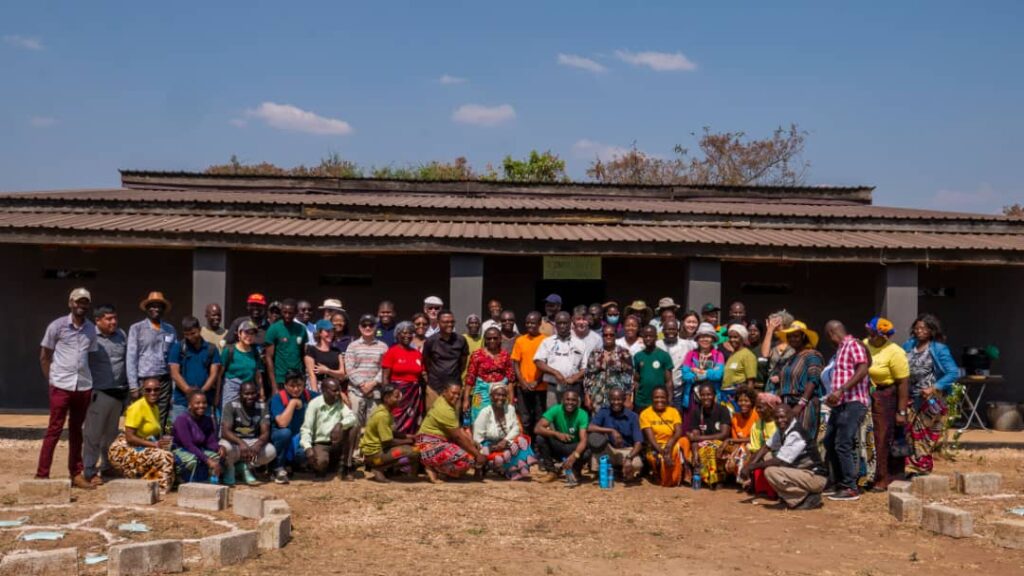
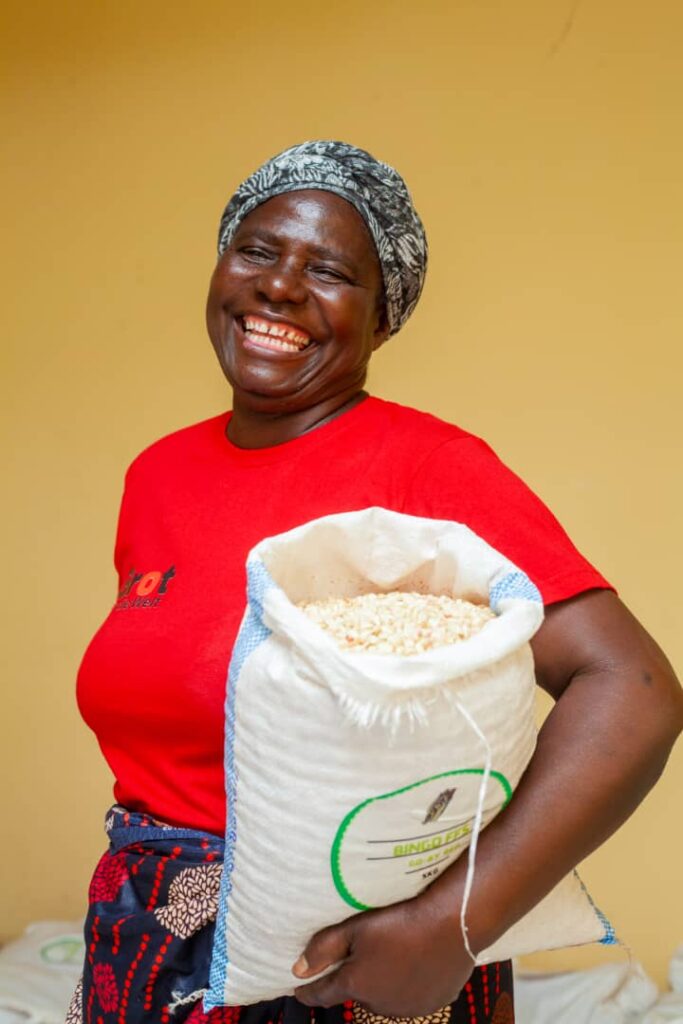
Our field visit to Shibuyunji, a small farming community in Zambia, was a profound moment where knowledge sharing transcended communities and countries. Being in Shibuyunji, not only did we learn from each other, but a farmer like Mercy Shebelike pictured here, was also able to learn about how her counterparts in China, Guatemala, Nepal, Peru, Uganda, and Zimbabwe deal with some of the challenges she faces as a smallholder farmer.
During the field visit and in the proceedings of the entire week, as I reflect on what we achieved, I am convinced more than ever that we should “never underestimate the power of a small group of committed people to change the world. In fact, it is the only thing that ever has.” Margaret Mead.
During the learning event, the commitment towards improving the livelihoods, seed and food security in the communities we work was clear as we dove into various aspects of our work around smallholder farmer seed producing and marketing. Learning and reflecting on our achievements and challenges to date, not only were we able to exchange experiences, but we were also able articulate what our focus should be going forward. In doing so, although we acknowledged that context specificities exist, there was a collective agreement that the seed and food security of smallholder farmers and their communities should remain at the center of efforts to diversify livelihood opportunities through seed production and marketing. While as a program we work on agrobiodiversity, equally important is effecting social change as we support smallholder farmers take intentional steps towards becoming climate resilient communities that are seed and food secure. SD=HS in this regard can and should become a catalyst for transformative change as our communities grapple with climatic and economic shocks that adversely impact their seed and food security.
I am excited to explore the next steps as we continue to empower smallholder farmers across communities and countries to diversify their livelihoods in the context of pursing seed and food security!
For more information on the event, download the workshop report below.

